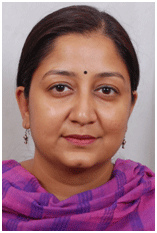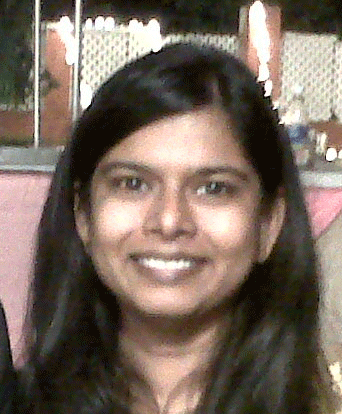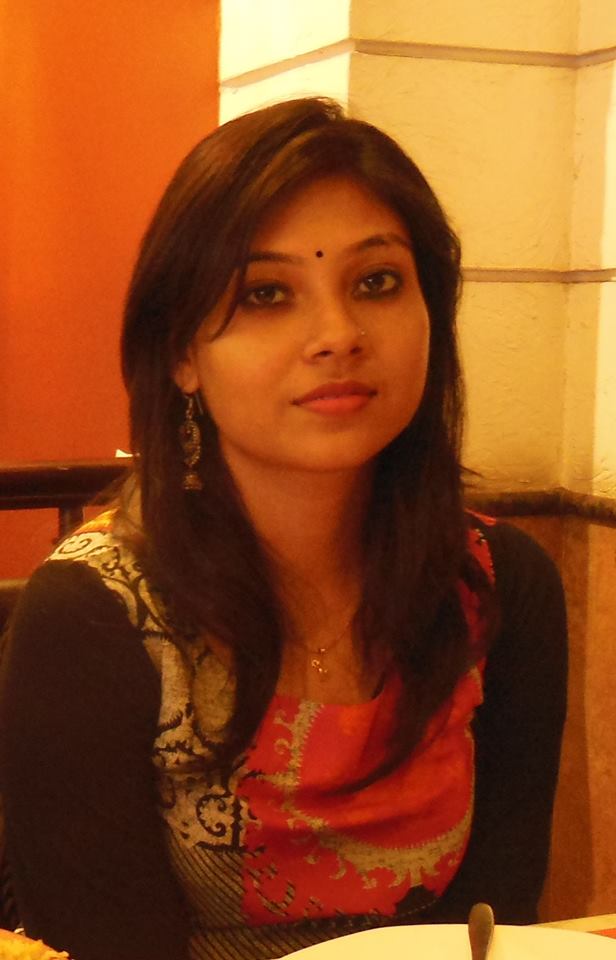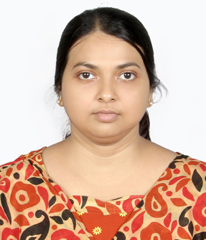|
Researchers
|
Sl. No. |
Picture |
Bio Note |
|
|
1. |
 |
Madhura Chakraborty,
Research Assistant in Calcutta
Research Group (CRG). Currently involved in research on
forced migration with focus on Rohingya Refugees in India
and Bangladesh.
Her research has focused on secondary materials and primary
interviews to assess the situation of Rohingyas in India and
Bangladesh vis-à-vis the discourse of securitization in the
post 9/11 regime. She is particularly focusing on a
comparative analysis of media reports to assess the
portrayal of Rohingyas in the mass media of both Bangladesh
and India and how that impacts the well being of this
stateless refugee community. |
Abstract |
|
Draft Paper |
|
2. |
 |
Priyanca Mathur Velath,
Assistant Professor at the
Masters Department of Political Science and Graduate
Research Centre, St. Joseph's College, Bangalore. She is
assisted by Kriti Chopra, Post Graduate Researcher, St.
Joseph’s College.
Her work looks at the state of refuge in India with
particular focus on international law and how that affects
the practice of granting asylum in India. Her primary
interviews in the camps and settlements in Hyderabad are the
basis of her analysis of the situation of Rohingyas in
India. |
Abstract |
|
Draft Paper |
|
3. |
 |
Sahana Basavapatna,
Human Rights Activist and
Advocate Supreme Court of India, New Delhi.
Her research seeks to locate the rights of Rohingyas –
recognized as dejure stateless but refugees in India – in
the context of slums, where a large part of those living in
Delhi and Mewat are known to live. She intends to work in
Jammu and Jaipur as well interviewing Rohingyas in their
settlements there. Forced migration studies focusing for
instance on the city of Delhi has documented inconsiderable
detail of the abysmal living condition of refuges. In
themselves, they make for a compelling account of the state
of refugees but remain largely descriptive, without
explaining why the quality of protection of refugees remains
arguably in a limbo and her work tries to bridge this gap. |
Abstract |
|
Draft Paper |
|
4. |
 |
Sucharita Sengupta,
Research Assistant in Calcutta
Research Group (CRG). Her background is Political Science
and her research interests pertain to Border Studies and
Forced migration, Gender, Minority Rights.
Her research focuses on the Rohingya refugees as part of the
perilous irregular maritime migrants to the shores of South
East Asian nations like Thailand and Malaysia. Her work
tries to trace the history and context of such drives,
reasons that allure them to take to the sea, and also the
recent media attention to the phenomenon generating mass
awareness of the issue internationally, especially in
Bangladesh, and to some extent, India. The recent focus on
the plight of the boatpeople on the high seas therefore,
shows the need of a comprehensive research and continuous
advocacy to keep the issue relevant. |
Abstract |
|
Draft Paper |
|
5. |
 |
Suchismita Majumder, Researcher affiliated with
Calcutta Research group. She has an M.Phil in Sociology.
Her study is conducted among 58 Rohingya people among who 38
are men and 20 are women in West Bengal. The study has also
covered 10 people (5 Men+5Women) who are claiming themselves
as Bangladeshi but the court is treating them as “Rohingya”.
All these people (68) are in the Correctional Homes of West
Bengal (North Zone). Her work aims to reflect the missing
link between the Judiciary, Police Authority, Department of
Correctional Administration, UNHCR and the Victims. The
absence of protection regime contributes to vulnerability of
a group of the victims of forced migration. Finally the
paper seeks to come out with some recommendations to deal
with the crisis. |
Abstract |
|
Draft Paper |
|
|
GC-45,
First Floor, Salt Lake, Sector III, Kolkata-700 106
Tel :91-33-2337 0408 | Fax : 91-33-2337 1523

@2009 Mahanirban Calcutta Research Group
|





